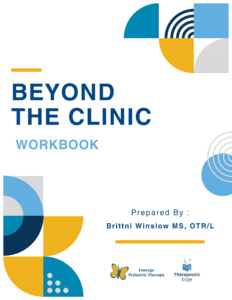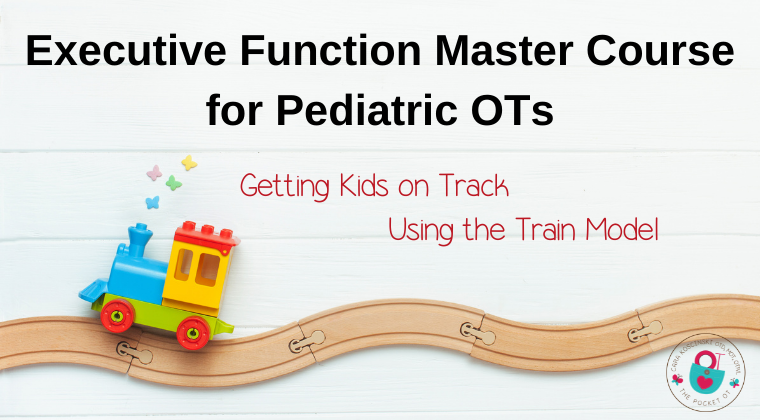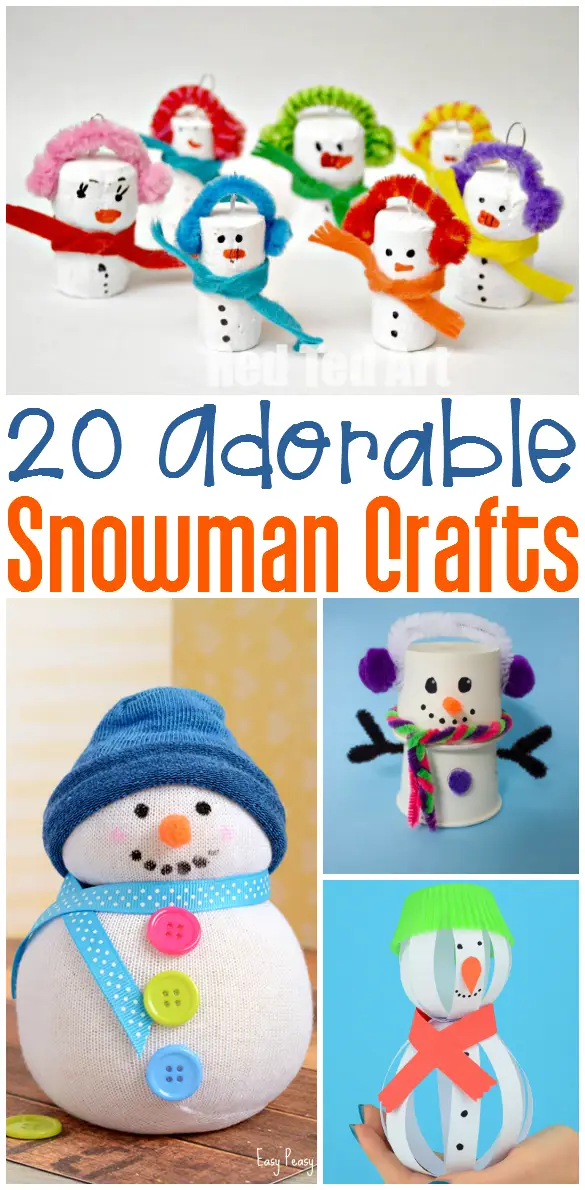
Friends, I’ve done some editing on this post as I’ve become a strengths-based therapist. This is the new and improved post with focus on neurodiversity-affirming language.
Yesterday I was working with my son on executive function skills. This has become a daily part of our routine.
This time he was trying to name three things that are in a refrigerator, three things that are green, and three things you use a key for. I was giving prompts and cues and he gently said, “Mommy, I am having the best and most fun life ever!” Did I just hear that right? You mean that he’s happy just the way he is? I asked him what he meant. He proudly said, “I love my therapists and the people who come and help me to learn. I am SO happy!” My son does not prefer social activities, has only one friend, doesn’t relate to most people he meets, etc. yet he’s having the best life ever! Reality check for me!! While I may look at and sometimes focus on his weaknesses, he has embraced them and loves the wonderful person he is becoming. I felt embarrassed and know I needed to update my thinking about autistic individuals.
As I state in my book, The Parent’s Guide to Occupational Therapy for Autism & Special Needs, for caregivers of children with special needs, there are many times we are asked to list our children’s weaknesses. The plethora of forms we must fill out all ask us what goals we would like to focus on. This means analyzing weaknesses and listing those things we’d like for our children to be able to do.
Here’s a helpful list I put together to help focus on the positive traits of your child with special needs.
2) Make a book with your child about what makes him/her special. This should include pictures, words, and drawings each of you makes. Make it in your child’s favorite color. If possible, make it into an actual book. This can be done via many websites (Shutterfly) or at your local office supply store.
3) Compliment your child daily and in front of someone else. It’s amazing how much praise from our parents means to us!
4) Encourage your child to tell you when he’s done something he’s proud of. Jump up and down or give a high-five. Let your child know how proud you are of what he’s done. Make eye contact with your child to show him you’re actively listening.
5) Create a special handshake or gesture that is unique between the two of you. This could be a wink, special nod, a sign language gesture, etc. Be creative and do this often.

I am working on doing the activities above with both of my boys….won’t you join me?



